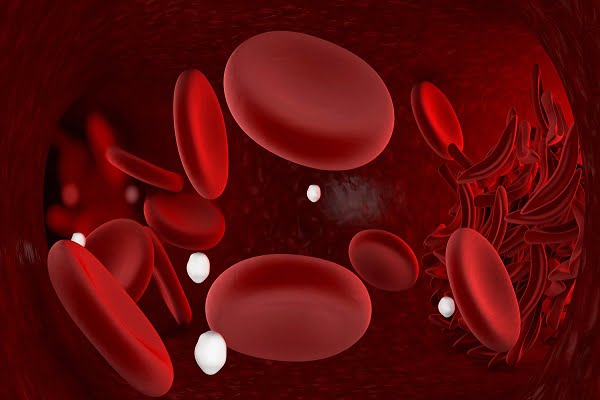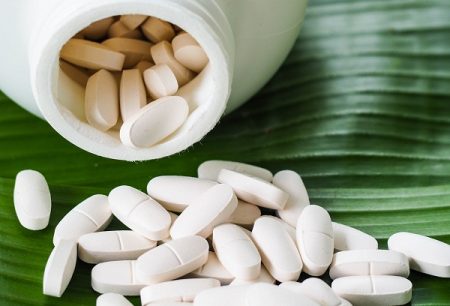Browsing: Calcium Deficiency
Comprehensive Information, Resources, and Support on Calcium Deficiency (Hypocalcemia)
Hypocalcaemia occurs when the total serum calcium concentration is less than 7.0 mg/dL and the ionized calcium is less than 3.5 mg/dL in your body. It is a commonly seen biochemical condition in which there are lower than average level of calcium in plasma. Calcium has many important functions in your body.
Hypocalcaemia is a biochemical condition characterized by low levels of calcium in your blood. When it occurs in babies, it is known as neonatal hypocalcaemia. It may occur at different times due to different reasons. Hypocalcaemia is defined based on both gestational and postnatal ages in neonates or infants.
Ionized calcium is the calcium in your body which is free or unbound to serum protein. It is also known as free calcium. Ionized calcium is biologically active and physiologically usable form of calcium. It also regulates the hormones involved in calcium homeostasis such as parathyroid hormone, calcitonin and vitamin D.
Problems Due to Calcium Deficiency: Is Low Calcium Dangerous?
The low level of calcium in your body is indicative of either deficiency of calcium or vitamin D or both, since vitamin D is necessary for absorption of calcium from your dietary sources. 99% of your body calcium is stored in teeth and bone as an in-house reservoir.
Calcium Infusion (Calcium Chloride, Calcium Gluconate Infusion): Types and Side Effects
Calcium infusion is a treatment option or medical management of acute symptomatic hypocalcaemia given on urgent basis to settle the symptoms and prevent further complications. Hypocalcaemia is a potentially life-threatening biochemical condition which is caused by low levels of calcium in your blood. Calcium is vital for proper functioning of different body organs.
Many fruits are very good source of calcium. Some of them are listed here with serving size and their approximate calcium content. Dried fruits contain more calcium than fresh fruits. Nowadays, various milk substitutes are available with higher calcium content than cow’s milk such as almond milk, rice milk, and soy milk.









